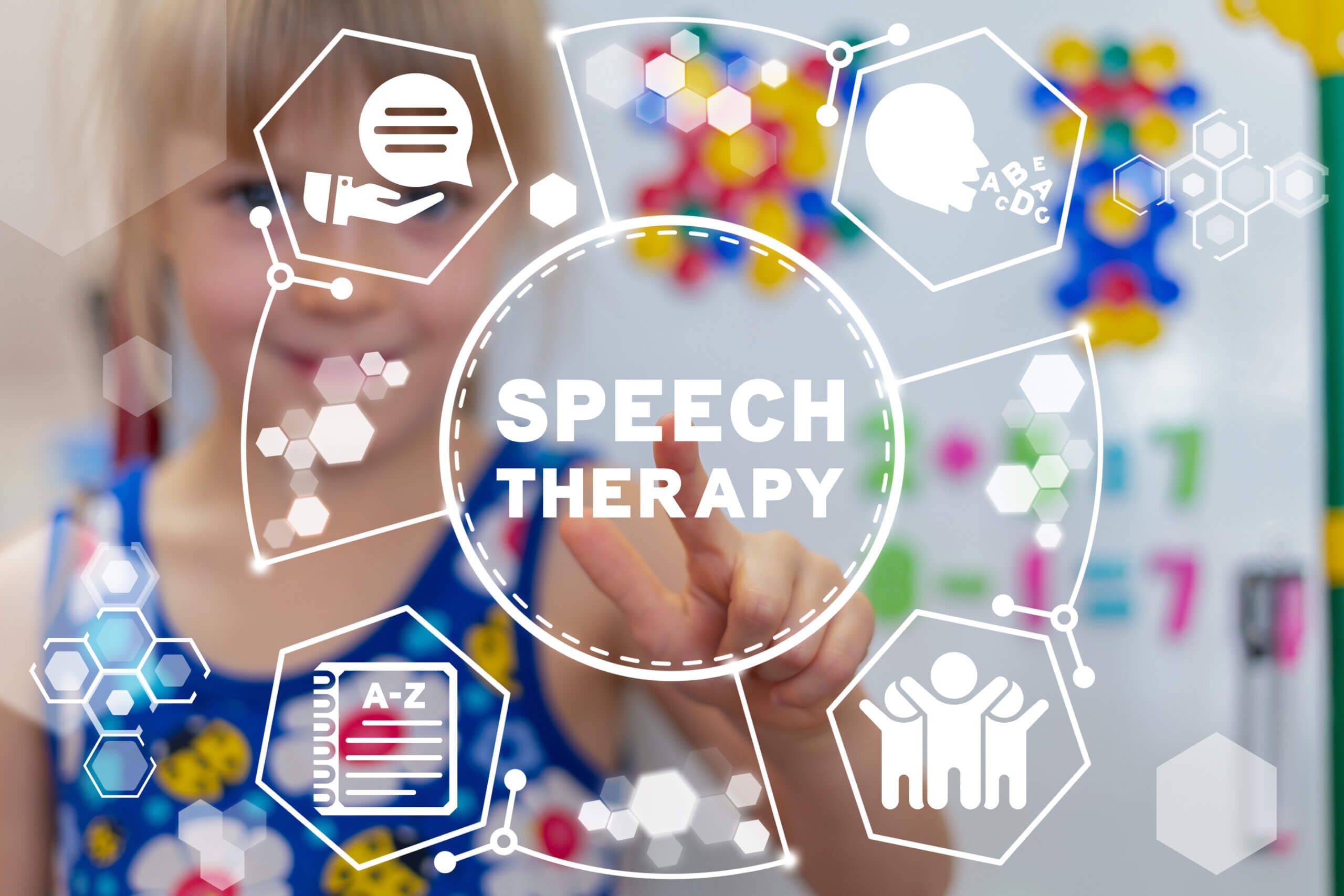Speech Guidelines for Children: Addressing Delayed Development
During the COVID-19 pandemic, many aspects of everyday life were delayed, including educational and developmental milestones for children. One area that has been particularly affected is speech development. Due to the many challenges that COVID-19 posed, speech guidelines were pushed back to accommodate the limitations of COVID-19. Unfortunately, these guidelines have not been adequately corrected since, so while many children may be at or meeting the current milestones, they are actually delayed according to pre-COVID standards. As parents, it is crucial to be aware of where your child should be in terms of speech milestones and to know when to seek early intervention speech therapy.
Delayed Development to Look Out For:
With the guidelines still not up-to-date post COVID-19, it is important that parents know what to look out for so that their child does not fall behind. Here are some things to look out for:
- Limited Vocabulary: Children may struggle to acquire an appropriate number of words for their age group. They may have difficulty expressing themselves or understanding others.
- Articulation Issues: Pronunciation difficulties or unclear speech may persist longer than expected.
- Lack of Sentence Structure: Children may struggle with constructing sentences or have difficulty using correct grammar.
- Limited Social Interaction: Delayed speech development can affect a child’s ability to engage in social interactions, leading to social and emotional challenges.
Why is Speech Development Important?
As parents, you know how important your child’s development, especially their early development, is. If your child starts to fall behind in their speech, it is especially important to work to correct this early so that they do not continue to fall more and more behind.
- Communication Skills: Speech and language skills are fundamental for effective communication, which is crucial for academic success, social interactions, and overall well-being.
- Cognitive Development: Language development plays a significant role in cognitive growth, including memory, problem-solving, and critical thinking skills.
- Emotional Expression: The ability to express thoughts, feelings, and needs verbally is essential for emotional development and building healthy relationships.
- Academic Performance: Strong speech and language skills are foundational for reading, writing, and academic achievement in general.
What Can You Do at Home:

When you start to recognize that your child is falling behind, there are a few steps you can take at home to help your child catch up while you seek out professional help/intervention.
- Encourage Conversation: Engage in meaningful conversations with your child, providing ample opportunities for them to express themselves and ask questions.
- Reading Aloud: Regularly read age-appropriate books to your child, discuss the story with them, ask questions about the story, and point out unfamiliar words to help expand their vocabulary.
- Play and Pretend: Encourage imaginative play, which fosters language development, storytelling, and problem-solving skills.
- Limit Screen Time: Excessive screen time can hinder speech and language development. Encourage interactive and educational activities instead.
Professional Intervention for Delayed Development:

The best way to help your child catch up and get ahead of their development is to seek professional intervention. A professional speech-language pathologist has the knowledge and skillset to address all concerns with your child’s development and will work with your child to correct them.
- Consultation with a Speech-Language Pathologist (SLP): If you notice significant delays in your child’s speech development, seek guidance from an SLP for a comprehensive evaluation and professional advice.
- Early Intervention Programs: SLPs can design individualized therapy plans to target specific speech and language difficulties. Early intervention can lead to better outcomes and minimize the long-term impact of delayed speech development.
- Collaborate with Educators: Share concerns with teachers or childcare providers to ensure consistent support and tailored strategies in educational settings.
Conclusion
As we navigate the aftermath of the COVID-19 pandemic, it is crucial to address the impact on children’s speech development. Understanding the signs of delayed speech and language skills, the importance of early intervention, and the steps parents can take at home are essential for promoting healthy communication and supporting children’s overall development. Parents can help their children overcome speech delays and thrive in their language skills by being proactive and seeking professional guidance. At The Oxford Center, our Speech Therapy program features individualized therapy plans to help your child reach all of their goals and maximize their potential!
